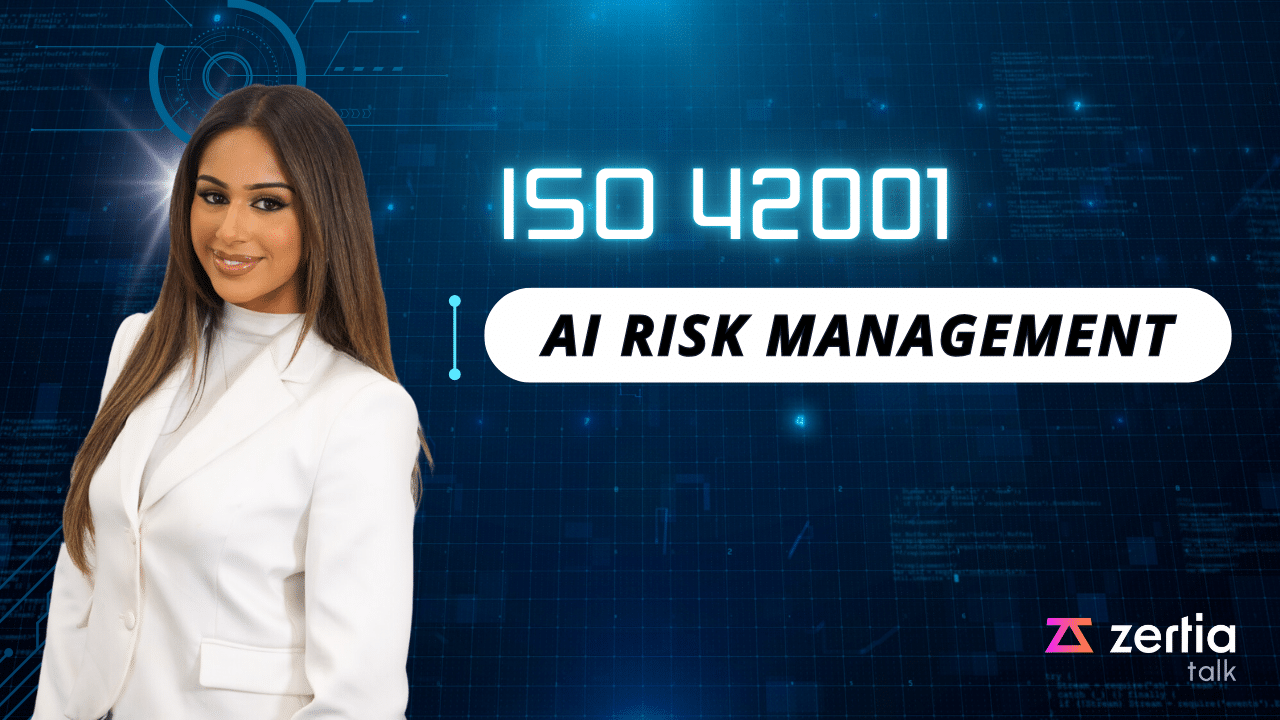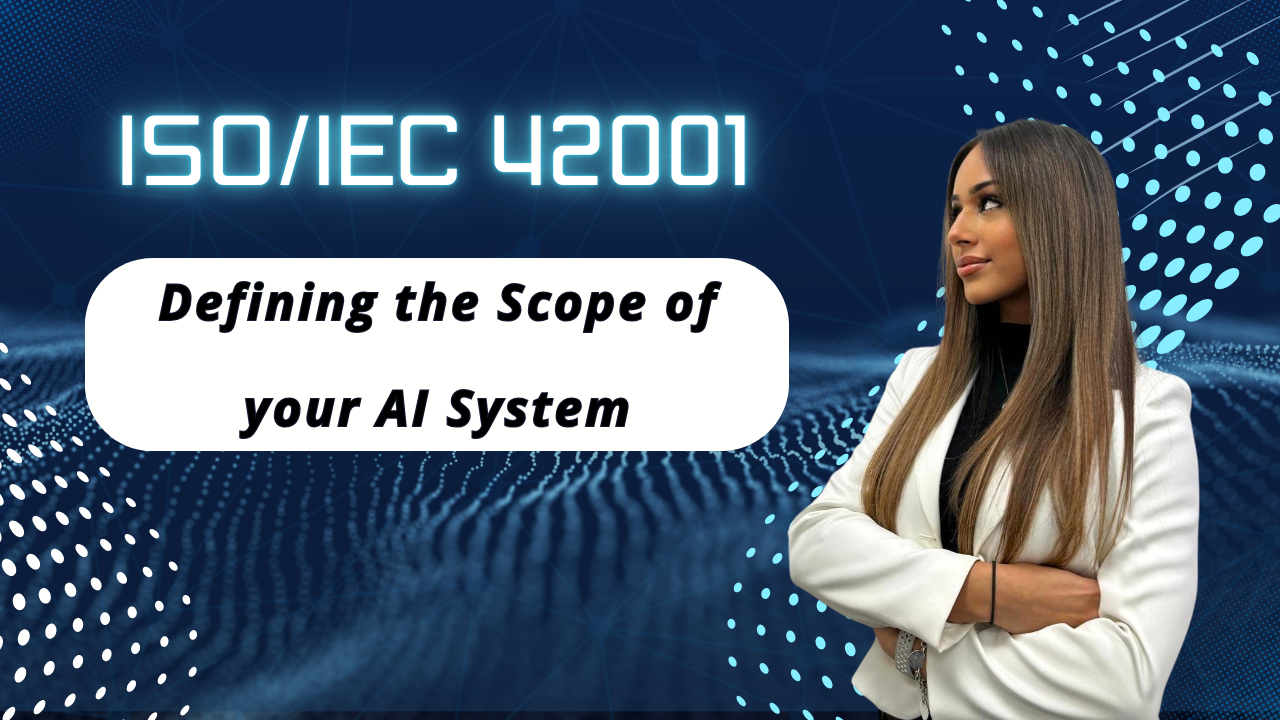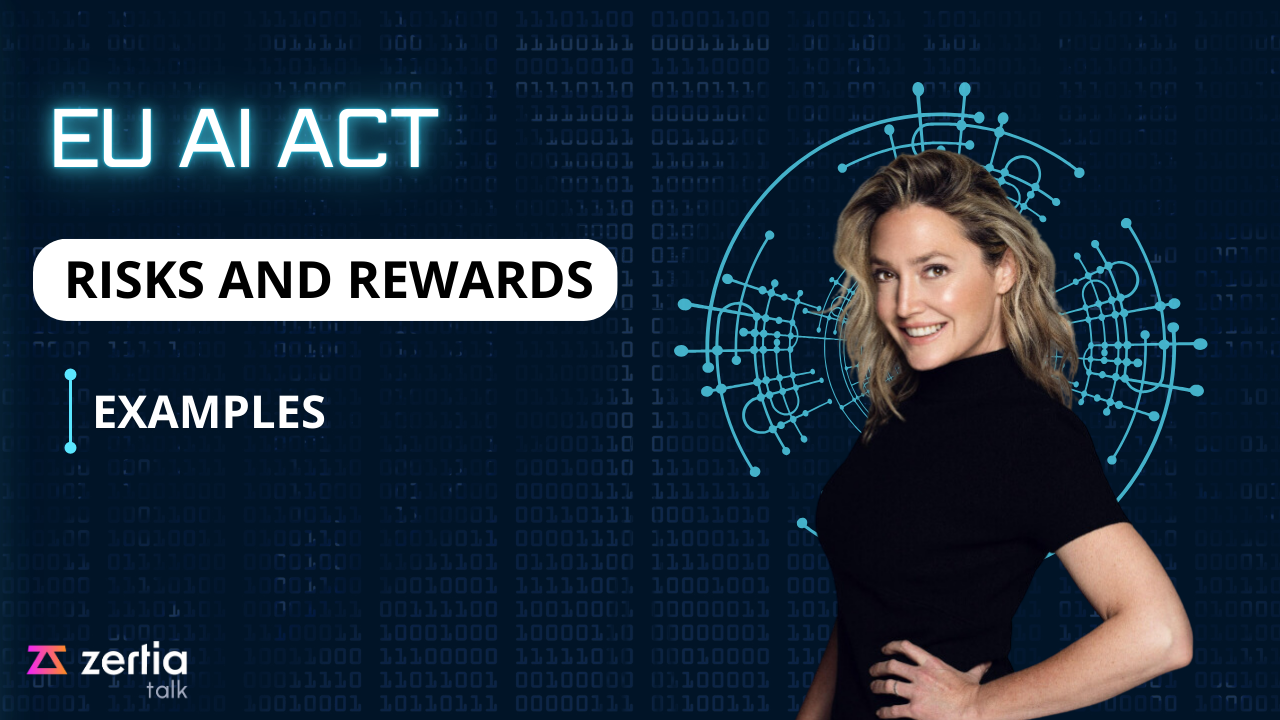Transforming AI Governance in Europe and Beyond
The EU’s Artificial Intelligence (AI) Act is shaping a comprehensive legislative framework that will not only transform AI governance in Europe but also set a precedent globally. A highlight of this legislation is the promotion of voluntary Codes of Conduct for AI systems, particularly those considered low risk.
Risk Categorization and Ethical Guidelines
Introduced in 2021, the AI Act categorizes AI systems according to their level of risk, establishing stricter regulations for high-risk ones. However, it also emphasizes the need to guide the responsible use of AI across all sectors. With this in mind, it encourages the adoption of voluntary Codes of Conduct to facilitate the ethical development of AI.
The Importance of Codes of Conduct
While these Codes of Conduct are non-binding, they are essential for fostering ethical practices. According to Article 95 of the AI Act, these codes are designed to help companies align their systems with European values of security, transparency, and fairness, even in systems not classified as high risk. By adopting these codes, companies demonstrate their commitment to ethical AI, which can translate into a competitive advantage.
In addition, these Codes allow organizations to voluntarily take on some obligations typically associated with high-risk systems, thus building trust with consumers and stakeholders.
Global Impact of EU’s Ethical Standards
The EU’s focus on voluntary Codes of Conduct may also extend its influence beyond European borders, reflecting a growing global consensus on the need for responsible AI development. As other countries look to the EU as a leader in regulation, the adoption of similar codes could become a common practice. This opens up the possibility of industry-specific Codes, tailored to the unique challenges of sectors such as healthcare or finance.
ISO Certification as a Benchmark for Ethical Compliance
The AI Act also encourages organizations to seek ISO AI certification as a means of validating the ethical compliance of their systems. The ISO 42001 standard provides a comprehensive framework that complements the Act, offering guidelines on risk management and transparency. Although certification is not mandatory, it serves as a clear indicator of a company’s commitment to responsible AI.
A Step Towards a Trustworthy AI Landscape
The promotion of voluntary Codes of Conduct marks a significant step toward a more ethical and trustworthy AI landscape. The EU not only sets standards but also cultivates a culture of responsibility. Companies that adopt these guidelines will be well-positioned to lead in a new era of AI, where trust and ethics are as crucial as innovation.






